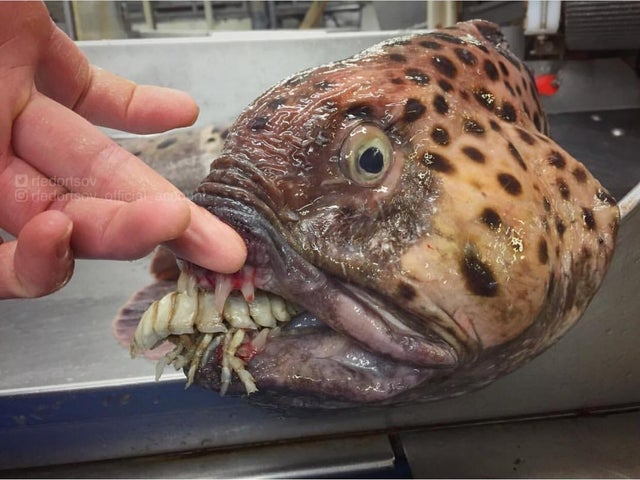
Is It Safe To Eat Fish From A Lake?
The majority of fish are omnivores, meaning that they eat a wide variety of foods, from plant matter to meat. Their diets are usually about 40 to 50 percent protein and 20 to 30 percent carbs, but they also consume algae. Some species, like the sailfish and the swordfish, feed on coral, while others, like sharks, eat other creatures. These fish are known as carnivores, and they are among the easiest to care for.
Many types of fish contain harmful chemicals. These chemicals can accumulate in the body over time. Low levels of exposure to these toxins can cause serious health problems. Those who are pregnant, breastfeeding, or have young children are at a higher risk of developing these health problems. Several other species are particularly high in mercury, including sharks and tilefish from the Gulf of Mexico. If you do choose to consume them, be sure to check the label carefully.
Fish in the wild eat a variety of foods. You can choose from various types of foods to offer your fish. But keep in mind that not all food is suitable for all types of fish. To avoid wasting food, you can experiment by feeding your fish a small amount of food every 5 minutes. After that, you should remove any left-over food to prevent water pollution. Besides, you must also know the number of your fish. To ensure that your pets get the right amount of food, you should know how many fish you have.
While fish are naturally omnivorous, there are certain types of meat-eating pet fish. A few of these are vegetarian, carnivorous, and omnivorous. They also eat green vegetables, but eat them in moderation. Some fish, such as ghost shrimp, are herbivorous, while others are omnivorous. You must choose the type of food that is best for your pet. If you don't like a particular type of fish, you should choose one that is a good fit for your home.
Another reason that fish don't eat is that they are over-protected from the elements. If your fish aren't eating, they might be reacting to the cold weather. However, they will continue to eat during winter. If this is the case, you can help them stay healthy by following these simple tips. You'll be less likely to lose fish if you use the right kind of food for your species.
The right amount of food depends on the species. A weaker fish will be able to fight more aggressively than its stronger counterpart. It will also pants heavily and change color if it is in pain. If your fish is too weak to fight, it can end up tearing fins, damaging the eyes, and even affecting the mouth. In these cases, the weaker fish will ultimately be killed. If you want to avoid this kind of situation, then take some precautions.
Did you miss our previous article...
https://outdoorsnewswire.com/fishing/buying-a-lifetime-fishing-license
 CampingSurvivalistHuntingFishingExploringHikingPrivacy PolicyTerms And Conditions
CampingSurvivalistHuntingFishingExploringHikingPrivacy PolicyTerms And Conditions
